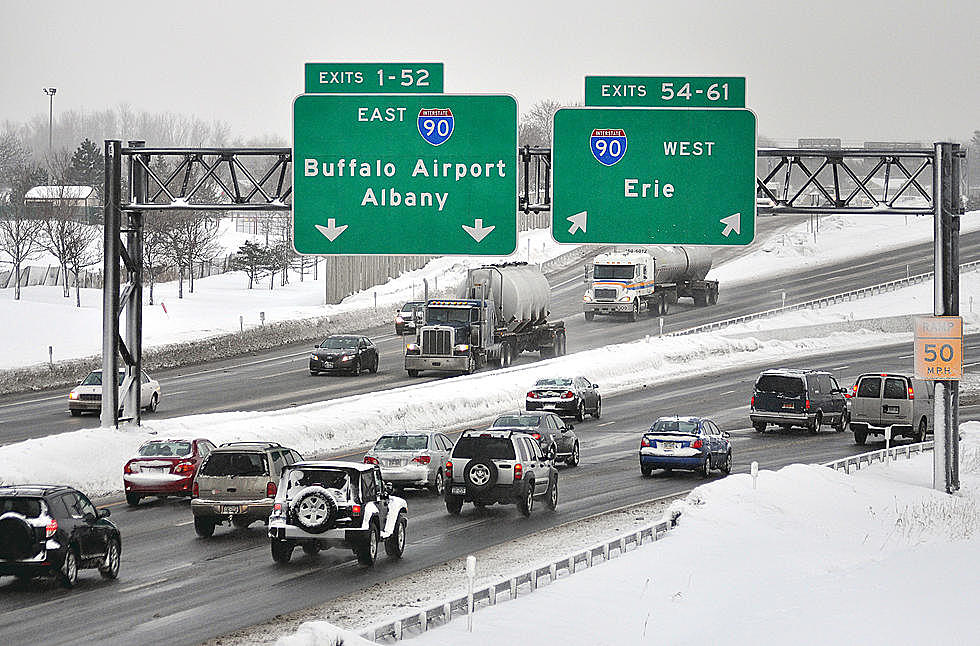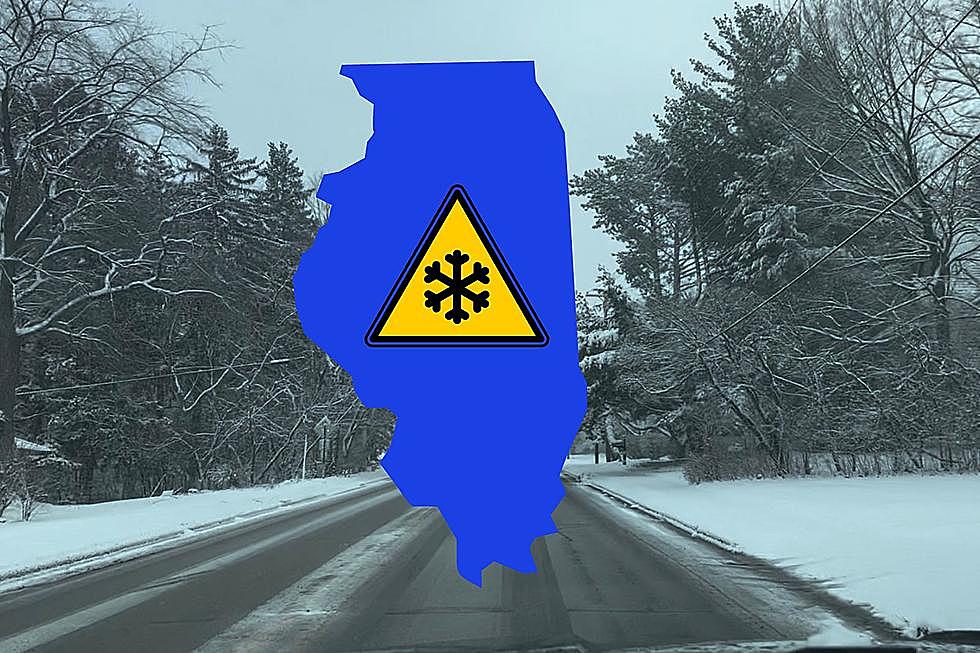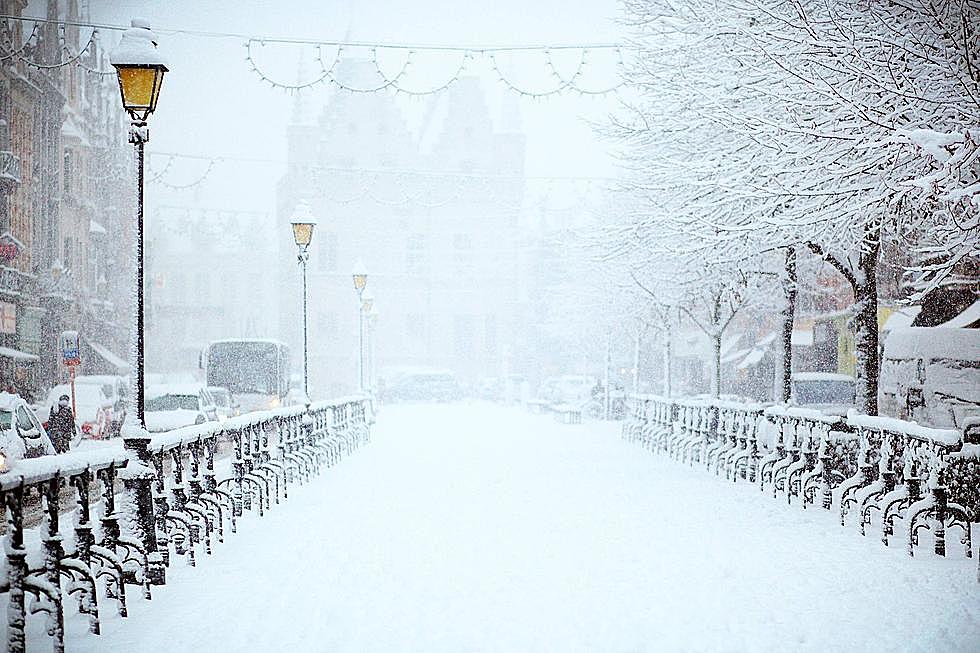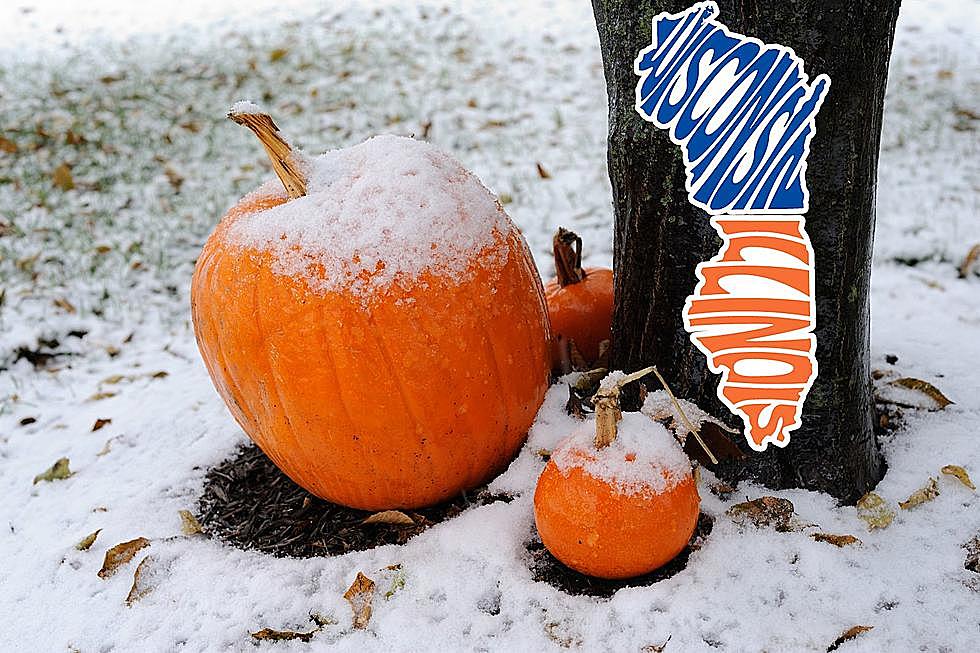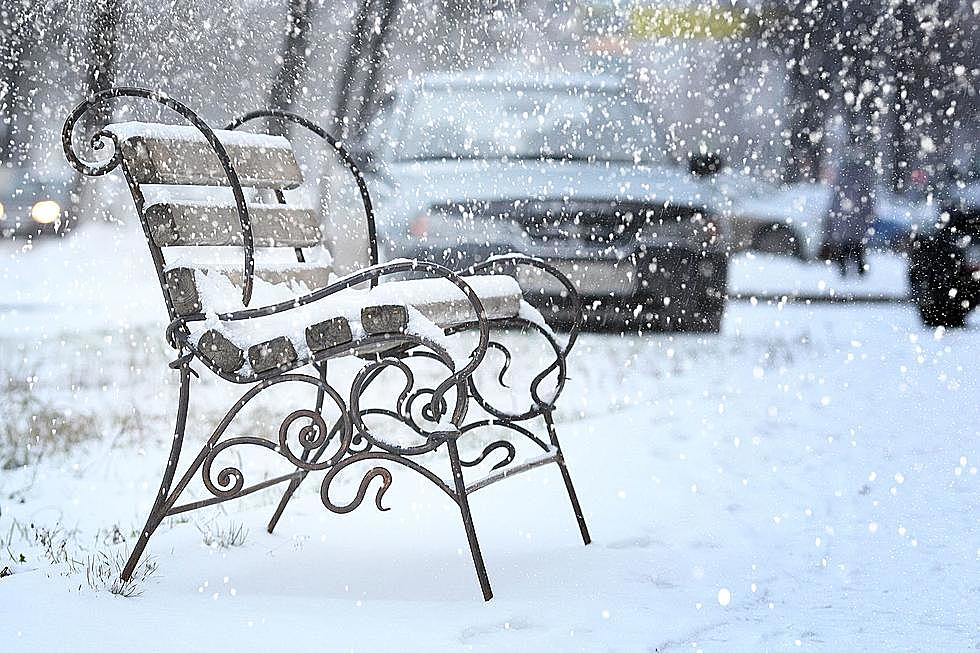
Casper, Wyoming Mountain Still Buried Under 45 Inches of Snow
Last week (Monday, April 3rd, 2023), Casper had a record breaking amount of snowfall. As a matter of fact, it destroyed the previous record that had been standing for forty-one years.
Although most of the snow has melted in and around the city limits, high atop Casper Mountain, it is a very different story.
Yesterday afternoon (Monday, April 10th, 2023), the Casper Mountain Science Program Facebook page shared some astonishing photos of the snow accumulation on the mountain.
April 9th and the snow has started to settle a little. Still plenty up here. We sure appreciate the Girl Scout Ranger Matt and the work he has done this year keeping our snow at bay so the bus can get in and out! THANK YOU Matt!!!
While Casper's record breaking 26.7 inches of snowfall was most definitely impressive, a few days prior (Thursday, April 6th, 2023), the school posted photos showing off the massive 45 inches of snowfall they received. They stated:
After a very snow filled winter, spring wanted to "one up" the game. Casper Mountain had 45 inches of snow from one storm on April 3rd to April 5th. We are on day 4 of canceled groups. We hope to be back at full speed next week!
It's kind of hard to complain about the two feet of snow we got in town when the mountain was and is boasting almost double that.
GOAT Snowstorm in Casper - April 3-4, 2023.
The 15 Snowiest Winters On Record In Duluth History
More From Ultimate Weather
